On July 17, CORE Electric Cooperative (CORE) and FarmBox Foods, a Colorado-based manufacturer of controlled-climate farms, unveiled the first tree seedlings for a first-of-its-kind program focused on reforestation of wildfire-affected areas of the Front Range.
CORE’s Vertical Hydroponic Farm is housed inside an upcycled, insulated shipping container that FarmBox is using for research and development, with the goal of replanting blue spruces and ponderosa pines, both native species in Colorado, in places impacted by wildfires within CORE’s service area. 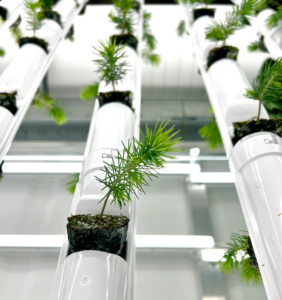
Guided tours of the box and interviews were provided by subject matter experts. CORE and FarmBox Foods’ executive teams also attended, as did research advisers from CSU-Spur and members of the media from 9News and The Denver Channel/KMGH.
“CORE’s partnership with FarmBox has given us an innovative way to support Colorado’s natural resources and continue our dedication to environmental stewardship,” said Pam Feuerstein, CORE’s Interim CEO.
FarmBox Foods began successfully growing tree seedlings and saplings in the controlled-climate container farm in 2021, but the Vertical Hydroponic Farm purchased by CORE is the first to be solely dedicated to tree propagation. FarmBox Foods operates the indoor tree farm at its home base in Sedalia and is conducting research on drought resistance, nutrient dosing, lighting and other growing parameters.
“We couldn’t have asked for a better partner to launch a ground-breaking program like this,” said Rusty Walker, CEO of FarmBox Foods. “CORE is pioneering something that could have a tremendous impact beyond just Colorado, and we have the technology and the team to make it happen.”

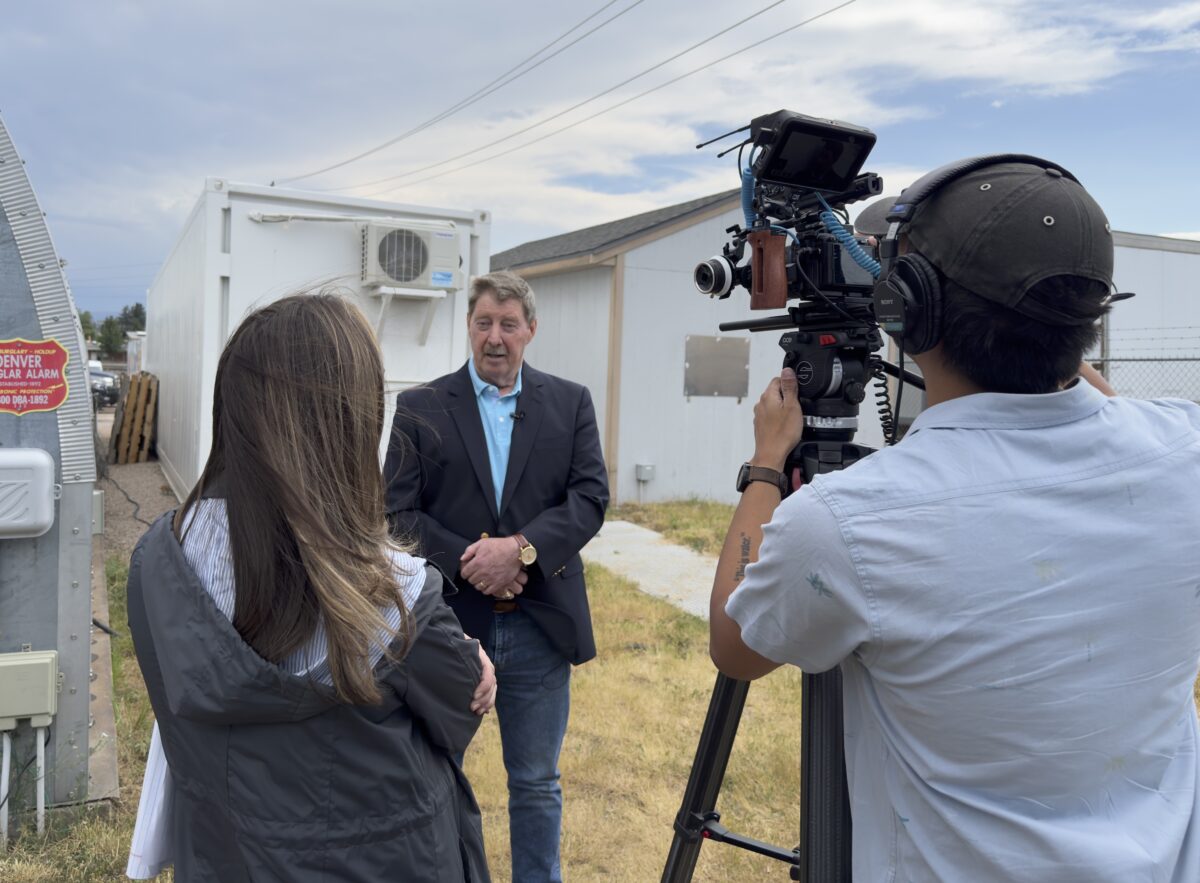
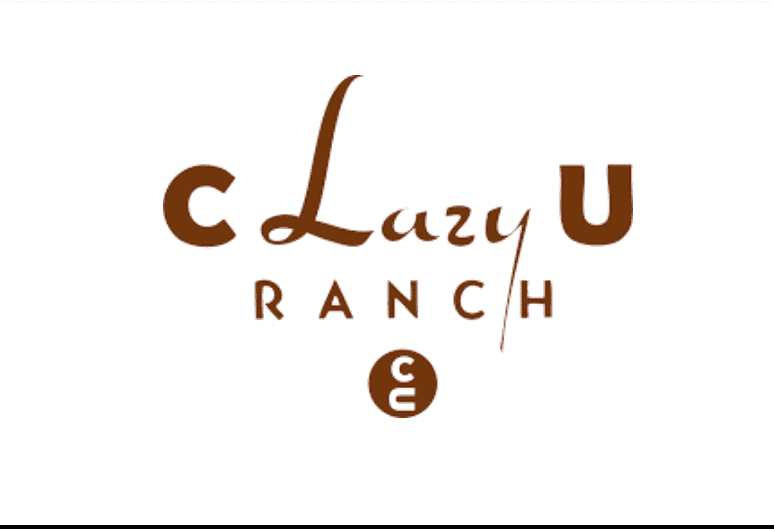
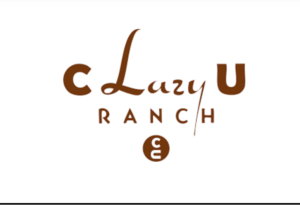
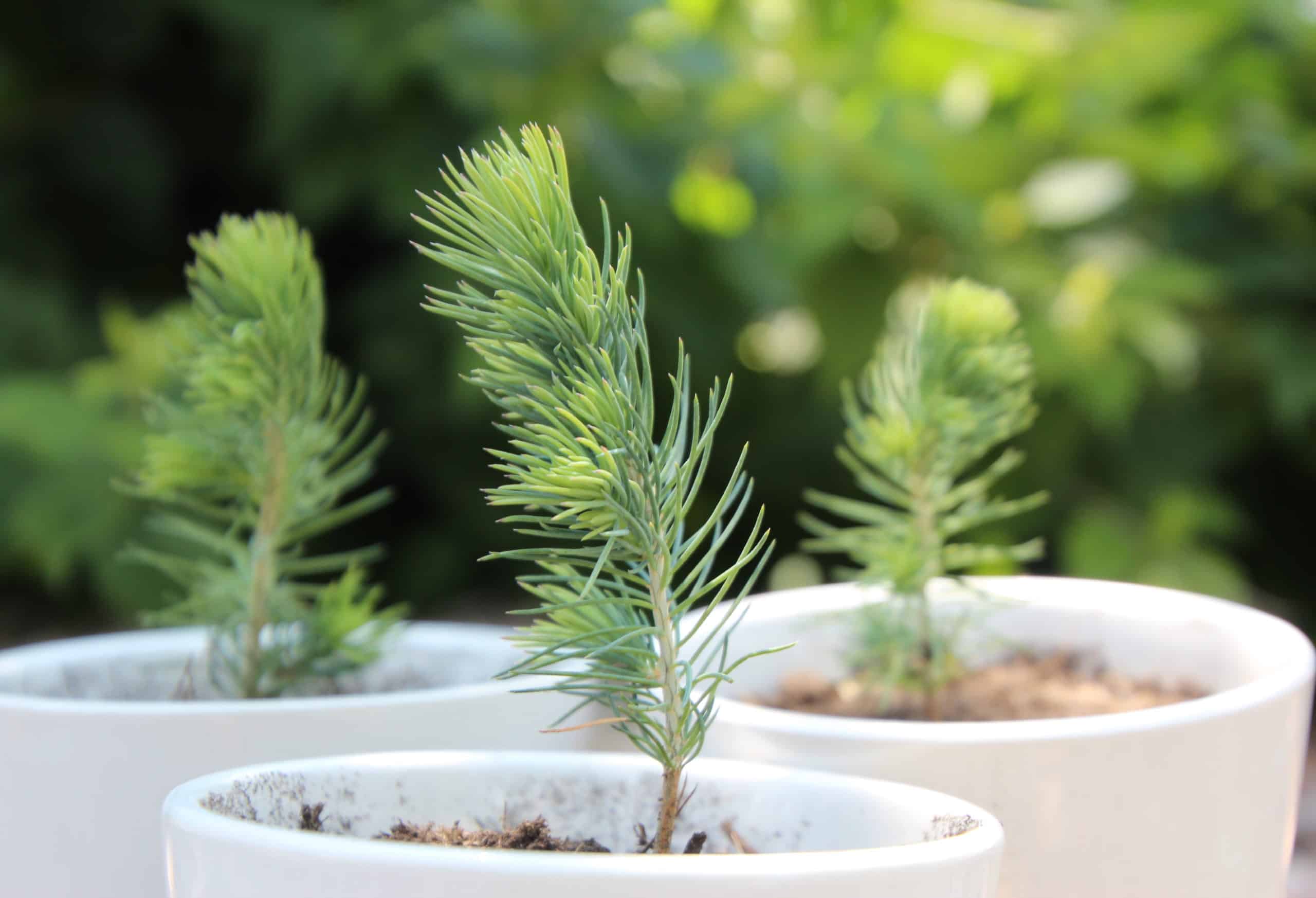
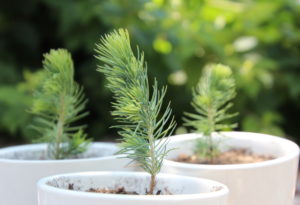 When considering reforestation, the blue spruce is the largest known tree of its species in the country. This tree is recognized not only for its size but also the critical ecosystem services that it provides, such as food and shelter for wildlife, water purification abilities, and its role in absorbing CO2 from our atmosphere and storing carbon in its wood, according to
When considering reforestation, the blue spruce is the largest known tree of its species in the country. This tree is recognized not only for its size but also the critical ecosystem services that it provides, such as food and shelter for wildlife, water purification abilities, and its role in absorbing CO2 from our atmosphere and storing carbon in its wood, according to